The best watercolour paper for artists and creatives
Find the best watercolour paper for your watercolour paintings in our review of papers and surfaces.
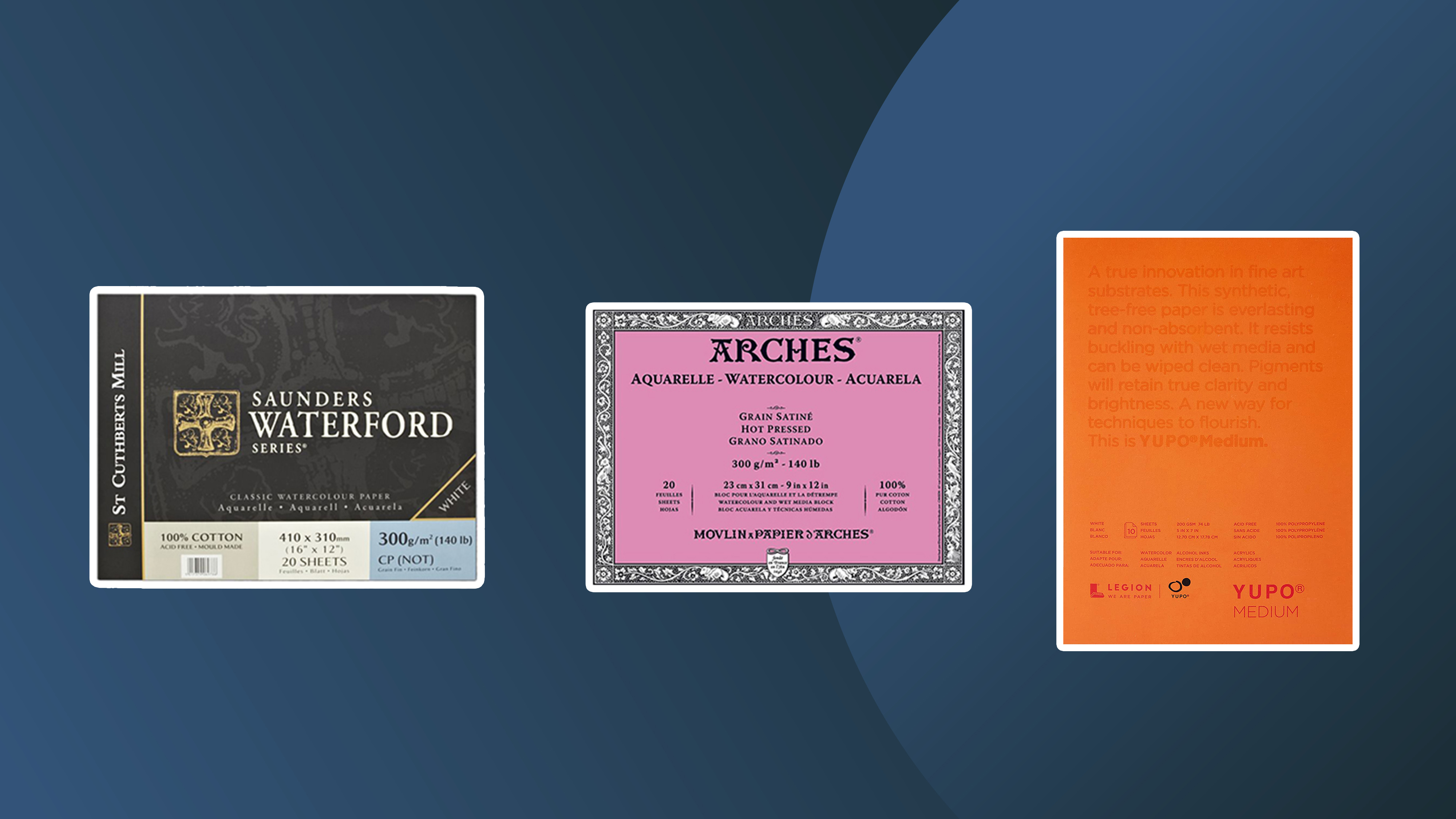
Daily design news, reviews, how-tos and more, as picked by the editors.
You are now subscribed
Your newsletter sign-up was successful
Want to add more newsletters?

Five times a week
CreativeBloq
Your daily dose of creative inspiration: unmissable art, design and tech news, reviews, expert commentary and buying advice.

Once a week
By Design
The design newsletter from Creative Bloq, bringing you the latest news and inspiration from the worlds of graphic design, branding, typography and more.

Once a week
State of the Art
Our digital art newsletter is your go-to source for the latest news, trends, and inspiration from the worlds of art, illustration, 3D modelling, game design, animation, and beyond.

Seasonal (around events)
Brand Impact Awards
Make an impression. Sign up to learn more about this prestigious award scheme, which celebrates the best of branding.
If you're painting in watercolours, having the best watercolour paper is crucial because it needs to hold up and not curl when it gets wet. It also needs to allow the colour to shine brightly. Low-quality watercolour paper can be too thin and can rumple under the water, with the colour pooling unevenly as a result.
Usually, you'll want heavyweight paper (around 300gsm/140lb), although speciality or student paper will often be lighter. While they're formulated for watercolours, the best watercolour paper can also be used for other techniques, especially water-based media like the best watercolour pencils.
Below, we've selected the best watercolour paper for various approaches, with our favourite being the Saunders Waterford Watercolour Block – Cold Press as it's exceptionally high quality. Our reviewers have tested the picks below in their own work, and we've also considered value. If you're looking to brush up on your skills, see our guide to watercolour techniques. You might also want to invest in the best watercolour paints.
The best watercolour paper available now
Why you can trust Creative Bloq
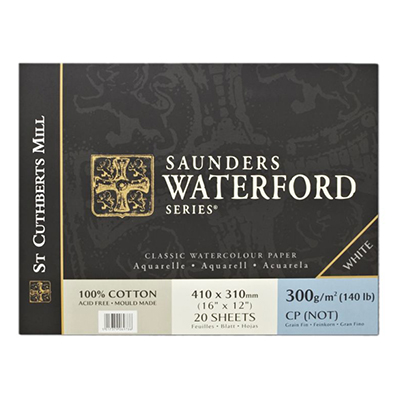
Texture: cold press
Weight: 300gsm/140lb
This excellent quality watercolour paper has a strong surface. Though a cold press paper, the texture is on the lighter side. It is a little off-white, and colours look bright and crisp on this surface. Wet-on-dry textures are easy to create. It feels absorbent, holds water well and doesn't buckle easily.
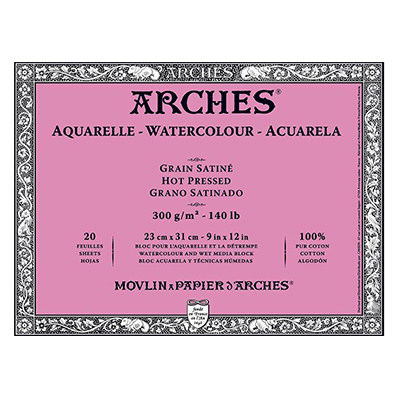
Texture: hot press
Weight: 300gsm/140lb
This surface is a treat to work on: it washes well and doesn't buckle easily, so the colour lays down evenly. It's a fairly absorbent paper, so there's less pooling of water on the page. Colours show up especially well and look vibrant. This is ideal for more layered approaches, as colour tends not to lift or change once dry.
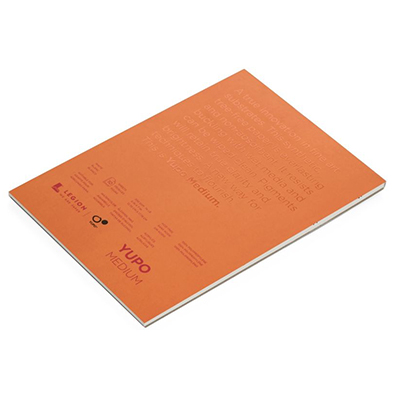
Texture: very smooth
Weight: 200gsm/74lb (others available)
Unlike traditional cotton watercolour papers, this is made from polypropylene, a type of plastic. It's very smooth and watercolour paint can be wiped off the surface, making it very forgiving. It also helps make up for the cost, as paint can be washed off and the paper reused. It's slower to dry than others on this list.
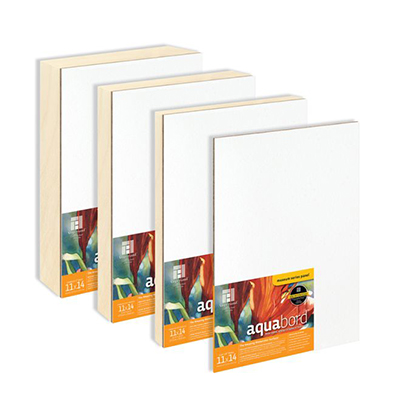
Texture: medium, toothy
Weight: 3m board (others available)
This unusual option is more like gesso board than conventional paper, with the texture of the clay surface being somewhat gritty or 'toothy'. They are well suited to float frames, can handle heavy washes, and colours look wonderfully bright. They are expensive compared to paper, making them best for finalised work.
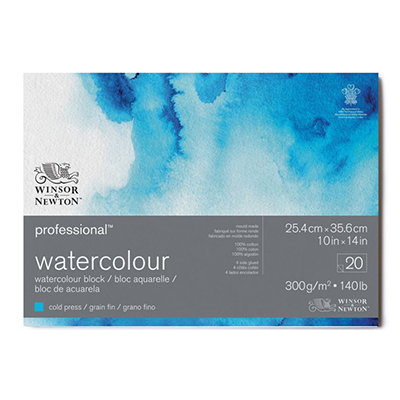
Texture: cold press
Weight: 300gsm/140lb
This has a bright white surface, with a typical cold press texture. It's particularly suited to wet-in-wet techniques as colour spreads easily. It stays wet for a good time and produces blooms readily – perhaps frustrating for some, but very effective for those wanting these textures. It's prone to buckling but is stable for adding layers.
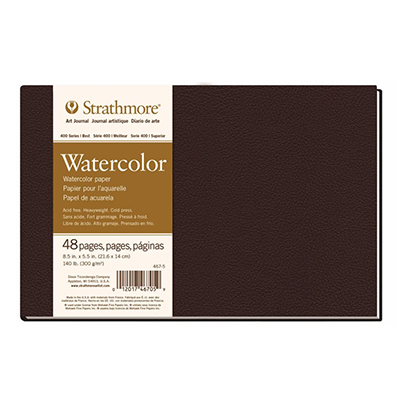
Texture: cold press
Weight: 300gsm/140lb
This is one of the few watercolour notebooks with 300gsm paper, making it considerably more sturdy than many. The cover is solid, so the sketchbook can handle being carried around and supports the paper when you are working. It can handle a reasonable amount of water, though too much will cause it to buckle as it's cellulose-based.
What's the difference between cold and hot press papers?
Hot and cold press papers are manufactured differently. Cold press papers are textured and more absorbent (suiting a wide range of approaches), with little pockets that hold water enabling you to have more time to blend before your work dries, while hot press paper is smooth and suits more precise work as it displays detail well. Hot press paper dries faster as it doesn't have the little pockets of cold-press paper. There's also rough paper, which is textured. Beginners will probably want to start with cold press paper and can then experiment from there.
What is watercolour paper made of?
Traditional papers are made of cotton or cellulose, or a blend of these. Cellulose papers tend to be more affordable, while cotton papers are of higher quality, as they are stronger and archival, making them suitable for finished work. For the best quality finish, you'll want a 100 per cent cotton watercolour paper.
What's the best weight for watercolour paper?
The thickness of watercolour paper is denoted by its weight. For watercolours, you'll want a paper that is at least 300gsm (grams per square meter) or 140lb.
What's the best watercolour paper?
At the top of our list is Saunder's Waterford's excellent quality watercolour paper. It has a strong surface and a light texture for a cold press paper. Colours look great on it and it doesn't crumple with too much wet.
Daily design news, reviews, how-tos and more, as picked by the editors.
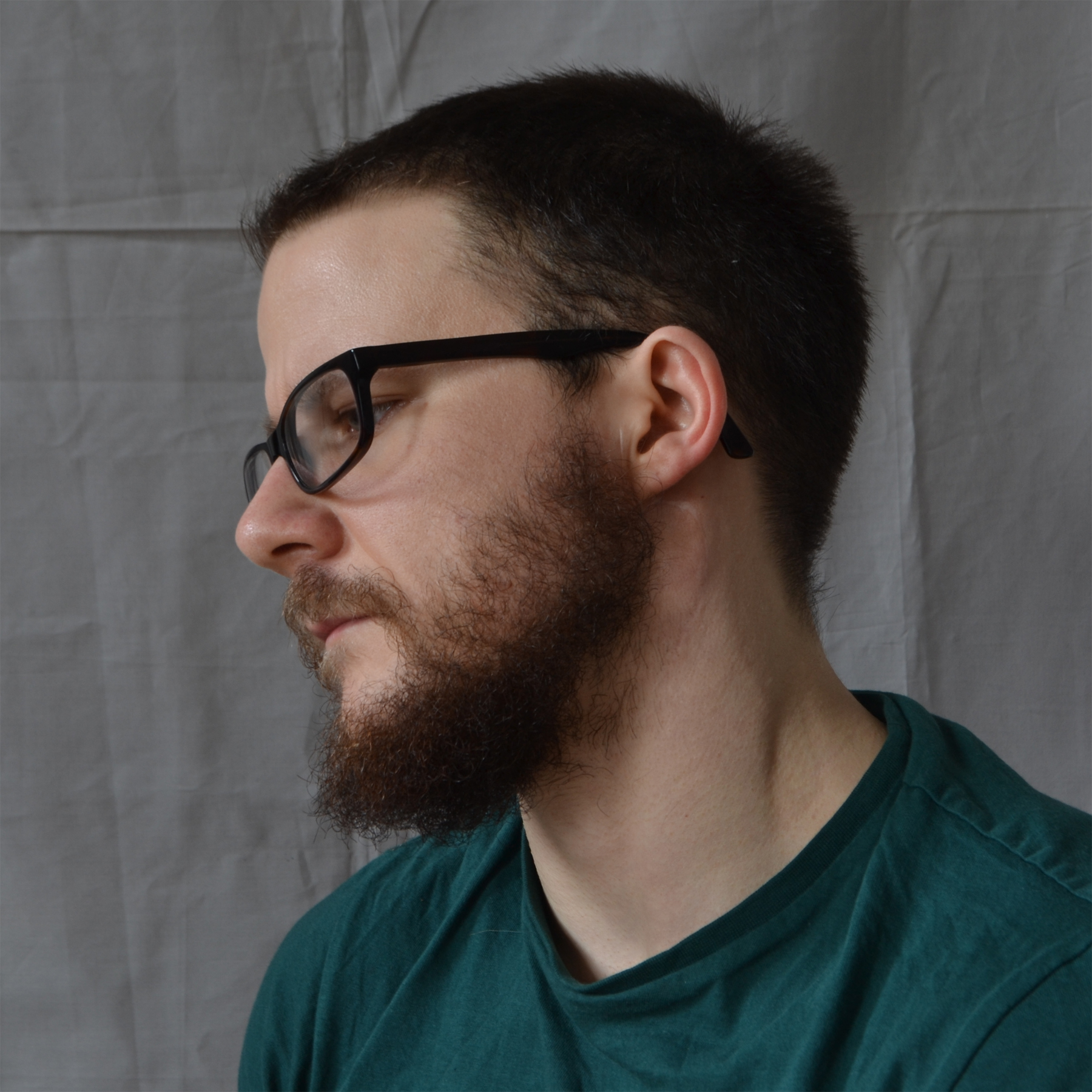
Lancelot Richardson is an artist, painter, and freelance illustrator based in Brighton, UK. He tutors life drawing at independent art school Draw Brighton, and teaches in their online Patreon courses. He is also a freelance writer, producing articles on art and drawing. He works in both traditional and digital mediums.
- Rosie HilderDeputy editor
